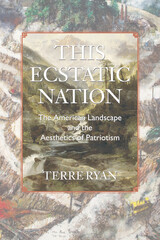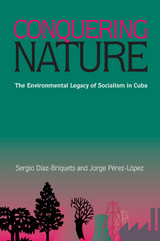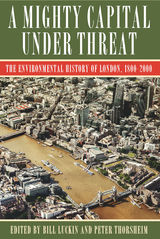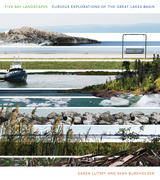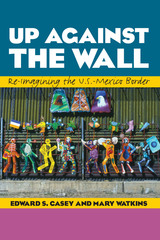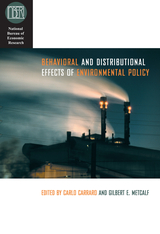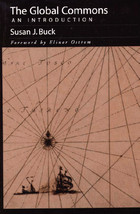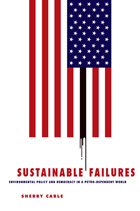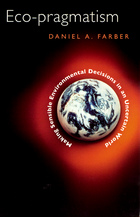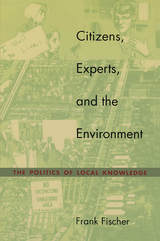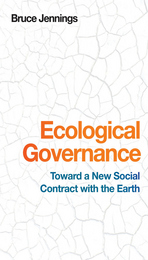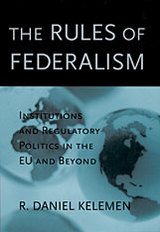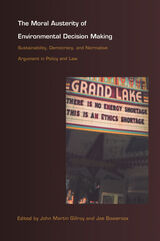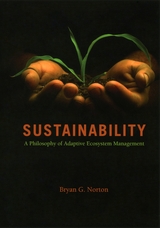Behavioral and Distributional Effects of Environmental Policy
University of Chicago Press, 2001
eISBN: 978-0-226-09480-9 | Cloth: 978-0-226-09481-6
Library of Congress Classification GE170.B44 2001
Dewey Decimal Classification 363.7
eISBN: 978-0-226-09480-9 | Cloth: 978-0-226-09481-6
Library of Congress Classification GE170.B44 2001
Dewey Decimal Classification 363.7
ABOUT THIS BOOK | AUTHOR BIOGRAPHY | TOC | REQUEST ACCESSIBLE FILE
ABOUT THIS BOOK
Most people would agree that it makes sense to tax a company that pollutes in a way that directly reflects the amount of environmental and social damage it has done. Yet in practice, such taxes are fraught with difficulty and have far-reaching implications. A company facing a new tax may lay off workers, for example, exacerbating an unemployment problem. This volume focuses on such external issues and examines in detail the trade-offs involved in designing policies to deal with environmental problems. Reflecting the broad nature of the subject, the contributors include leading economists in the areas of public finance, industrial organization, and trade theory, as well as environmental economists. Integrating both theoretical and empirical methods, they examine environmental policy design as it relates to location decisions, compliance costs, administrative costs, effects on research and development, and international factor movements. Shedding light on an extraordinarily complex and important topic, this collection will be of interest to all those involved in designing effective environmental policy.
See other books on: Development | Environmental policy | Environmental Science | Sustainable Development | Theory
See other titles from University of Chicago Press

